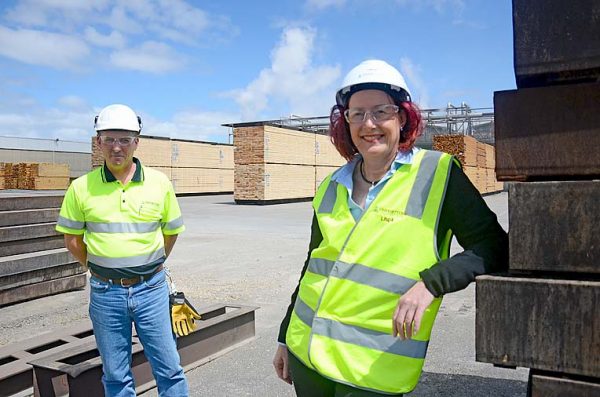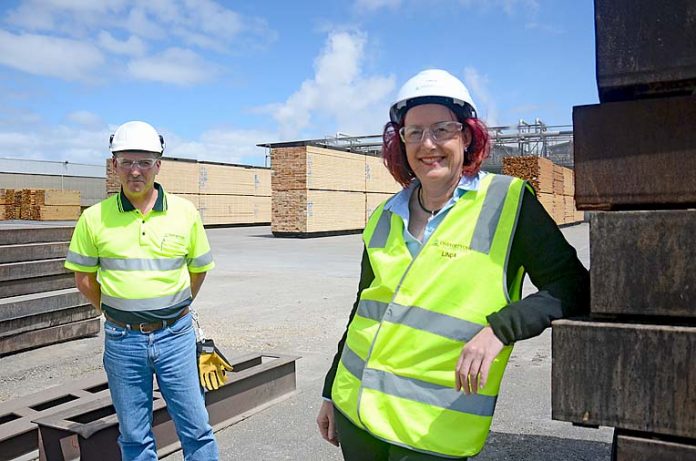
THE region’s largest plantation owner will continue to halt sawlogs flowing out of the Port of Portland in a move to shore up supply to the domestic processing sector.
OneFortyOne Plantations (OFO) yesterday announced the continued export ban amid what it says is the strongest domestic market conditions for 15 years.
The move comes 12 months after it put the brakes on sawlog exports and record demand continuing for fibre by the regional processing sector.
Member for Mount Gambier Troy Bell – who has been a vocal critic of OFO during the height of the log export boom – yesterday welcomed the announcement.
“This decision shows OneFortyOne is trying to do the right thing by the community,” Mr Bell said.
While OFO had put the brakes on what was a buoyant export industry, the Independent MP challenged other growers to also slow sawlog exports.
“Although OFO have made a commitment to June 2020, we have a long way to go with the other growers,” Mr Bell told The Border Watch yesterday.
He revealed a mountainous amount of sawlog material continued to be exported on ships out of the Port of Portland from other growers in the region.
Mr Bell said this continued export trend triggered his recent call for a select committee into sawlog exports.
“This material is a loss to our region,” he said.
Mr Bell said he wanted to see numbers regarding how much raw material from the region was being exported as well as how much structural timber was being imported back into Australia.
“OFO was formerly one of the major culprits, but we are now seeing other companies exporting large volumes of sawlog,” he said.
While the industry processing sector was enjoying an upward swing in confidence, Mr Bell said he wanted to see more regional jobs created in the timber sector.
“I want to see jobs for our kids and grandchildren into the future,” he said.
OFO executive general manager Cameron MacDonald said the company announced to its customers yesterday there would be no sawlog exported from its estate until at least June 2020.
He said this was a result of strong domestic demand and was positive news for the regional processing sector.
The company has found its customers are seeking even more fibre than ever before.
“This is the strongest domestic market we have seen in over 15 years,” Mr MacDonald said.
“Whilst local demand remains strong, we will continue to support the local industry by retaining the sawlogs onshore, being mindful not to compromise the long-term sustainability of the forest.”








